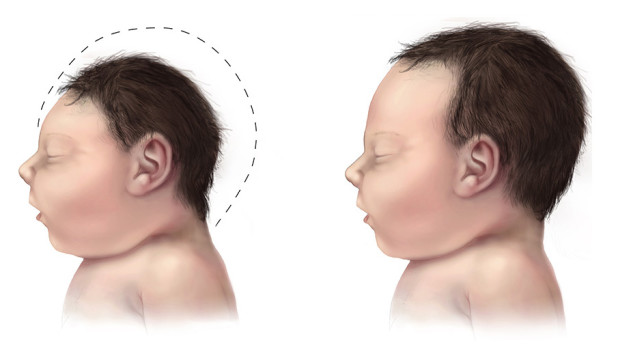Andrew Anglin
Daily Stormer
August 7, 2016
The disease was brought here by immigrants. But the media isn’t saying that, because it would be racist. And by racist, I mean it would indicate a pure hatred for the color of someone’s skin.
AP:
Thank goodness it’s the slow season in Florida.
At least that’s what officials and representatives of the state’s multibillion-dollar tourism industry are thinking in the wake of the news that 15 people have been infected with Zika in a small, trendy neighborhood in Miami.
…
Florida officials have gone into damage-control mode, with Gov. Rick Scott insisting, “We have a safe state!” during a tour of the Zika hot zone in Miami’s Wynwood district.
Tourism is Florida’s biggest industry. Visitors spent some $89 billion here last year.
…
Outside of a few business owners in the affected square-mile neighborhood, however, Zika appears to have done little damage to tourism so far.
“We have not had anyone cancel a trip to Florida because of Zika,” said Jenny Cagle, vice president of Elm Grove Travel in Wisconsin. “It’s definitely a conversation. People are talking about it.”
Demetra Prattas, vice president of Turon Travel, a New York-based company that books art tours and trips, including the annual Art Basel festival that includes events in Wynwood, said: “I don’t think it’s a factor in deciding where to go. We’ve had no cancellations.”
The governor has been on something of a statewide Zika tour, meeting with county health officials and business owners in Miami and along the Interstate 4 corridor that runs through Orlando. He said tourists should use caution and not worry about mosquitoes, adding that Florida knows how to prepare for crises because of its hurricanes.
“We will make sure all the tourists feel comfortable coming to Florida,” he said Thursday in Wynwood, site of the first mosquito-transmitted cases of Zika on record in the continental U.S. “We’ve got to continue to support these businesses because, why? They have employees and those employees need their jobs.”
He said the state is doing everything it can to test people, spray against mosquitoes, get rid of the standing water in which they breed, and encourage people to use insect repellent.
The Visit Orlando tourism board issued a statement noting that no locally acquired cases of Zika have been reported in the Orlando area, which is over 200 miles from Miami. The board gave assurances that “safety is the top priority for our region.”
…
Federal health officials have warned pregnant women to avoid Wynwood because the virus can cause severe birth defects, including stunted heads. England’s public health agency is advising mothers-to-be to postpone non-essential trips to Florida.
U.S. experts say expectant mothers planning a visit to the state should consult with their doctor.
While Florida’s tourism industry may suffer in the short term, in the long time, the whole world’s circus freak industry is going to boom.
And that, my friends, is very, very good for the economy.
This is what Gary Johnson is telling us about, people. Zika mutants for circus freak shows is just one more way immigration is helping our nation’s economy.
Zika virus (ZIKV) is a member of the virus family Flaviviridae and the genus Flavivirus. It is spread by daytime-active Aedes mosquitoes, such as A. aegypti and A. albopictus. Its name comes from the Zika Forest of Uganda, where the virus was first isolated in 1947. Zika virus is related to the dengue, yellow fever, Japanese encephalitis, and West Nile viruses. Since the 1950s, it has been known to occur within a narrow equatorial belt from Africa to Asia. From 2007 to 2016, the virus spread eastward, across the Pacific Ocean to the Americas, where the 2015–16 Zika virus epidemic reached pandemic levels.
The infection, known as Zika fever or Zika virus disease, often causes no or only mild symptoms, similar to a very mild form of dengue fever. While there is no specific treatment, paracetamol (acetaminophen) and rest may help with the symptoms. As of 2016, the illness cannot be prevented by medications or vaccines. Zika can also spread from a pregnant woman to her fetus. This can result in microcephaly, severe brain malformations, and other birth defects. Zika infections in adults may result rarely in Guillain–Barré syndrome.
In January 2016, the United States Centers for Disease Control and Prevention issued travel guidance on affected countries, including the use of enhanced precautions, and guidelines for pregnant women including considering postponing travel. Other governments or health agencies also issued similar travel warnings, while Colombia, the Dominican Republic, Ecuador, El Salvador, and Jamaica advised women to postpone getting pregnant until more is known about the risks. Zika is pronounced /ˈziːkə, ˈzɪkə/.
 Daily Stormer The Most Censored Publication in History
Daily Stormer The Most Censored Publication in History




